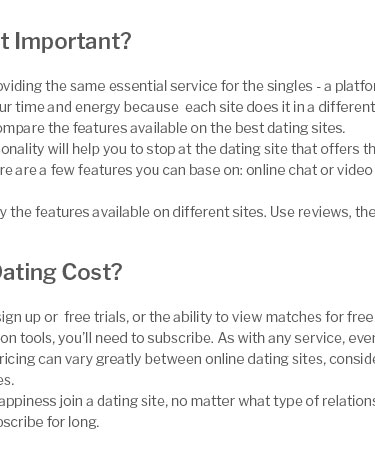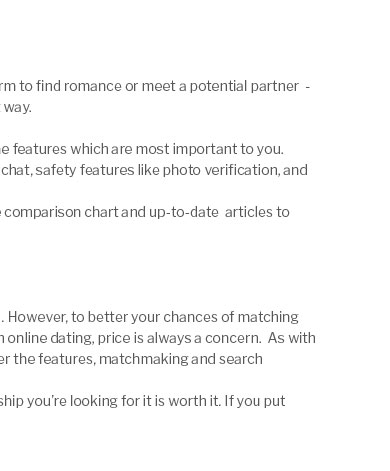 |
 |
|---|
|
|
|
|---|---|
 |
 |
 |
 |
|---|---|
 |
|
 |
|
 |
|
 |
|
 |
|
 |
|
 |
|
 |
|
 |
|
 |
|
 |
|
 |
|
 |
 |
 |
|---|
having affairs when married: risks, choices, consequencesWhat the phrase can meanThe words can describe very different situations: secret encounters, intense emotional bonds outside the relationship, or consensual arrangements with clear agreements. Definitions matter because ethics, risk, and impact vary widely.
Clarity reduces harm. Motivations and blind spotsCommon drivers
Cognitive distortions to watch
Secrecy compounds risk. Consequences and risksHidden relationships can shake trust, destabilize attachment, and generate anxiety, guilt, and shame. Practical fallout may include conflict, financial strain, health exposure, workplace complications, and damaged community ties.
Health and digital safetyPrioritize consent, barrier protection, and regular screening with a licensed clinician. Be alert to catfishing, doxxing, and extortion schemes; verify profiles and never share identifying documents or live location. A tool like hookup discreet legit checker can help evaluate platform claims, though no tool removes all risk. Your health and privacy deserve rigorous care. Ethics, consent, and boundariesConsent distinguishes ethical non‑monogamy from cheating. Consent means voluntary agreement, clear limits, and ongoing communication-free of manipulation or coercion. If you feel pulled toward an affair
Consent is not optional. Communicating with your spouseDirect, compassionate talk supports dignity on all sides. Use “I” statements, express needs, and invite your partner’s perspective. Avoid blame. If conflict feels unsafe, engage a licensed couples therapist and create a safety plan.
Honesty honors autonomy. Digital discretion and privacy hygieneIf you choose to proceed, recognize that secrecy plus technology multiplies exposure. Use unique passwords and multi‑factor authentication, disable location metadata in photos, separate identities for casual chats, and never share compromising media. Meet only in public spaces, verify age and consent, and inform a trusted person of plans and check‑in signals. No tactic guarantees confidentiality. Assume messages and images can be shared. Alternatives to infidelity
Integrity protects future connections. Reflection prompts
Align action with values. Resources and professional helpSkilled therapists, legal counsel, and medical professionals can provide confidential, evidence‑based support. Ask about confidentiality, costs, and ethical standards. Choose helpers who respect autonomy and safety. FAQ
https://venturebeat.com/2020/09/29/ashley-madison-extramarital-affairs-soar-in-pandemic-with-technologys-help/
Though some cheating has gone virtual, many married daters are still meeting their affair partner in person. However, those having affairs are ... https://www.nayaclinics.com/post/emotional-infidelity-emotional-affairs-what-is-it-and-what-to-do-about-it-naya-clinics
Having an emotional affair is described by most of our clients as equally hurtful as physical infidelity. Read here about the life and marriage of a famous pastor that ... https://www.regain.us/advice/marriage/7-complications-that-you-might-encounter-in-affairs-when-both-parties-are-married/
Having an affair with another married person is particularly risky. When you're having an affair with someone who is single, then at least they won't run the risk of ...
|
|---|